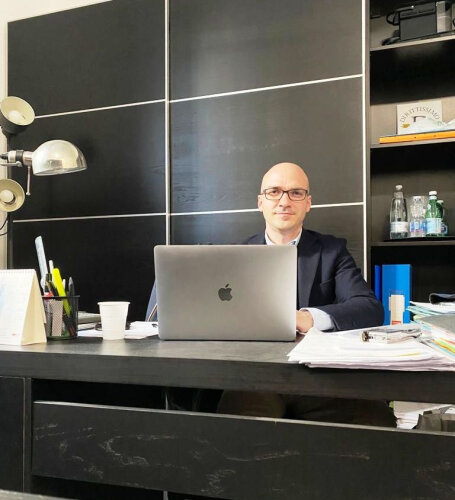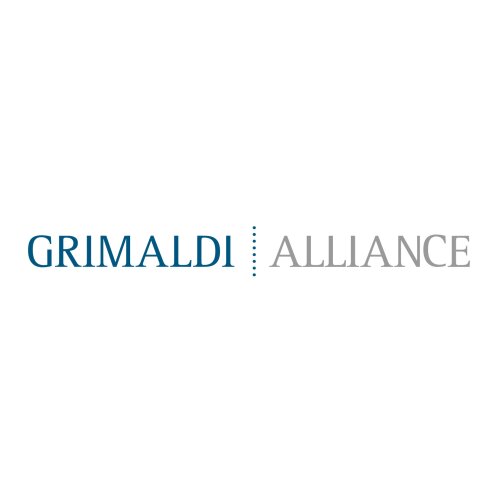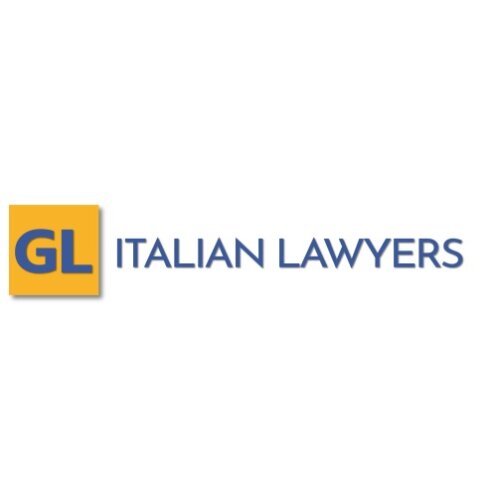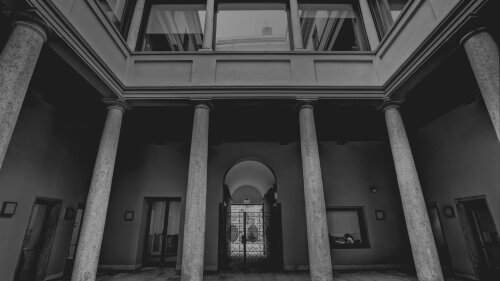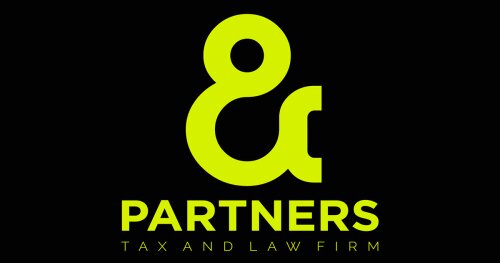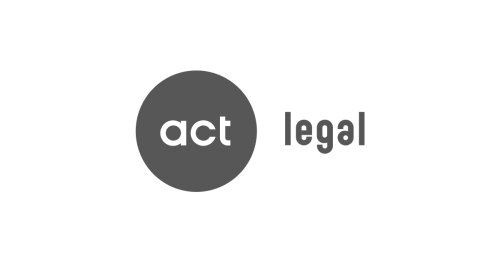Best Public-Private Partnerships (PPP) Lawyers in Milan
Share your needs with us, get contacted by law firms.
Free. Takes 2 min.
List of the best lawyers in Milan, Italy
About Public-Private Partnerships (PPP) Law in Milan, Italy
Public-Private Partnerships, commonly known as PPPs, refer to collaborative arrangements between public authorities and private entities for the purpose of designing, funding, constructing, operating, or maintaining infrastructure projects or services. In Milan, as within the broader Italian context, PPPs are utilized to leverage private sector expertise and capital to support public infrastructure development and service delivery. PPPs in Milan span various sectors such as transportation, healthcare, education, urban renewal, and energy, and are governed by a set of national and local regulations to ensure effectiveness, transparency, and fair competition.
Why You May Need a Lawyer
Engaging in a Public-Private Partnership project involves complex legal, financial, and regulatory considerations. You may need a lawyer for several key reasons, including:
- Negotiating and drafting partnership agreements to ensure your interests are protected
- Navigating the legal framework governing public procurement and PPPs in Italy
- Ensuring compliance with local laws and regulations in Milan
- Managing risk allocation, project finance, and contractual obligations
- Addressing disputes that may arise during the course of the partnership
- Assisting with tendering processes and evaluating bids
- Clarifying tax implications of the partnership arrangements
- Advising on requirements for transparency and anti-corruption
- Handling cross-border legal issues if international participants are involved
- Advising on any changes to laws or regulations that may affect the project
Local Laws Overview
Public-Private Partnerships in Milan are primarily regulated by Italian national legislation, especially the Codice dei Contratti Pubblici (Public Procurement Code), together with local guidelines and administrative procedures. The Public Procurement Code implements European Union directives and outlines the procedures for awarding, managing, and supervising PPP contracts. Authorities in Milan, such as the Municipality of Milan and the Regione Lombardia, may also adopt additional regulations or guidelines to address local priorities or sector-specific requirements. Local laws emphasize transparency, fair competition among bidders, anti-corruption measures, and careful allocation of risks between public and private partners.
Some core aspects of relevant laws include:
- Public tender and competitive bidding processes
- Mandatory feasibility studies and value-for-money analysis
- Legal distinctions between different PPP models, such as concessions and project finance initiatives
- Requirements for stakeholder consultation and environmental assessments
- Dispute resolution mechanisms
Contractual arrangements must also comply with Italian civil and administrative law, and specific provisions may be needed when projects have a regional or municipal focus within Milan.
Frequently Asked Questions
What is a Public-Private Partnership (PPP)?
A PPP is a long-term contract between a public entity and a private company to deliver a public infrastructure project or service, with shared risks and rewards.
Are PPPs common in Milan?
Yes, Milan actively utilizes PPPs for major urban redevelopment, transportation infrastructure, healthcare facilities, and more, due to the advantages of leveraging private sector innovation and financing.
Can foreign companies participate in PPP tenders in Milan?
Yes, EU and certain non-EU companies can participate in PPP tender processes, subject to compliance with Italian and EU procurement laws.
How are PPP projects awarded in Milan?
Projects are typically awarded through competitive public tendering processes, which are designed to ensure transparency, equal opportunity for bidders, and value for money for the public sector.
What are the main risks for private participants?
Risks include project delays, regulatory changes, financing risks, performance obligations, and revenue uncertainties. Proper legal assistance can help manage and allocate these risks in contracts.
How are PPP contracts structured?
PPP contracts are highly detailed and outline the obligations of each party, performance standards, risk allocation, payment mechanisms, duration, dispute resolution methods, and termination clauses.
What regulatory approvals are needed for PPP projects?
Required approvals may include environmental permits, building licenses, antitrust clearance, and authorization from relevant public authorities, depending on the nature of the project.
What happens if a dispute arises in a PPP project?
Disputes may be resolved through negotiation, mediation, arbitration, or litigation, as outlined in the contract. Italian law encourages alternative dispute resolution for efficiency.
Are there transparency requirements for PPPs?
Yes, stringent transparency and anti-corruption requirements apply, including the publication of tender documents, project evaluations, and contract terms to ensure accountability.
How can I find out about upcoming PPP opportunities in Milan?
Public tenders and partnership opportunities are typically announced on official government websites and procurement portals. Professional advisors can also assist in monitoring relevant opportunities.
Additional Resources
For further information and assistance regarding Public-Private Partnerships in Milan, the following resources may be useful:
- Municipality of Milan (Comune di Milano) - Office for Public Works and Tenders
- Regione Lombardia - Department of Economic Development and Infrastructure
- Italian Ministry of Infrastructure and Transport
- ANAC (National Anti-Corruption Authority) - for guidelines and compliance
- Cassa Depositi e Prestiti - advisor and financier for public investment projects
- Italian Chamber of Commerce - local guidance and networking
- European Investment Bank (EIB) - resources on PPP best practices
- Association of Italian Construction Contractors (ANCE) - industry news and training
- Legal aid and professional lawfirms specializing in PPPs
Next Steps
If you are considering entering into a Public-Private Partnership in Milan or need legal advice regarding ongoing or potential projects, consider the following steps:
- Clearly define your project objectives, roles, and expectations
- Conduct preliminary research on local PPP regulations and potential obstacles
- Consult a lawyer with expertise in PPPs and Italian procurement law early in the process
- Gather all necessary documentation and perform due diligence
- Engage with relevant public authorities for guidance and formal requirements
- Monitor official tender announcements and prepare to participate in bidding processes
- Ensure ongoing compliance with all legal and regulatory obligations throughout the project lifecycle
Having the support of an experienced legal advisor can help you navigate the complexities of PPPs, avoid common pitfalls, and increase your chances of success in delivering valuable public infrastructure or services in Milan.
Lawzana helps you find the best lawyers and law firms in Milan through a curated and pre-screened list of qualified legal professionals. Our platform offers rankings and detailed profiles of attorneys and law firms, allowing you to compare based on practice areas, including Public-Private Partnerships (PPP), experience, and client feedback.
Each profile includes a description of the firm's areas of practice, client reviews, team members and partners, year of establishment, spoken languages, office locations, contact information, social media presence, and any published articles or resources. Most firms on our platform speak English and are experienced in both local and international legal matters.
Get a quote from top-rated law firms in Milan, Italy — quickly, securely, and without unnecessary hassle.
Disclaimer:
The information provided on this page is for general informational purposes only and does not constitute legal advice. While we strive to ensure the accuracy and relevance of the content, legal information may change over time, and interpretations of the law can vary. You should always consult with a qualified legal professional for advice specific to your situation.
We disclaim all liability for actions taken or not taken based on the content of this page. If you believe any information is incorrect or outdated, please contact us, and we will review and update it where appropriate.






